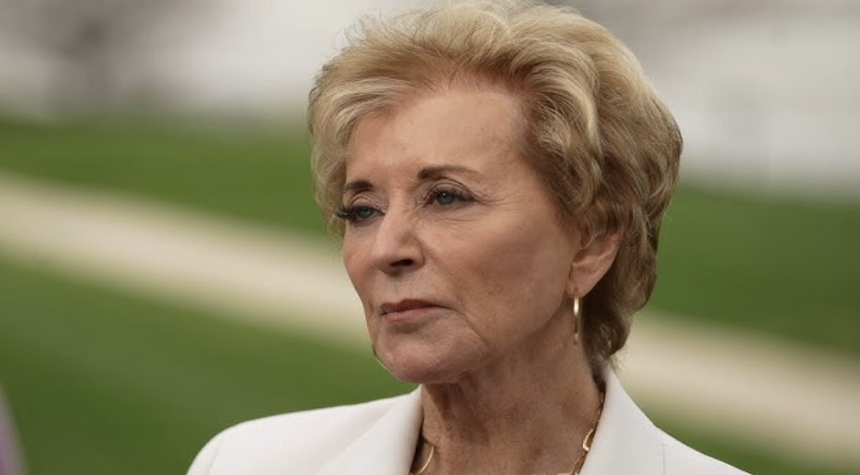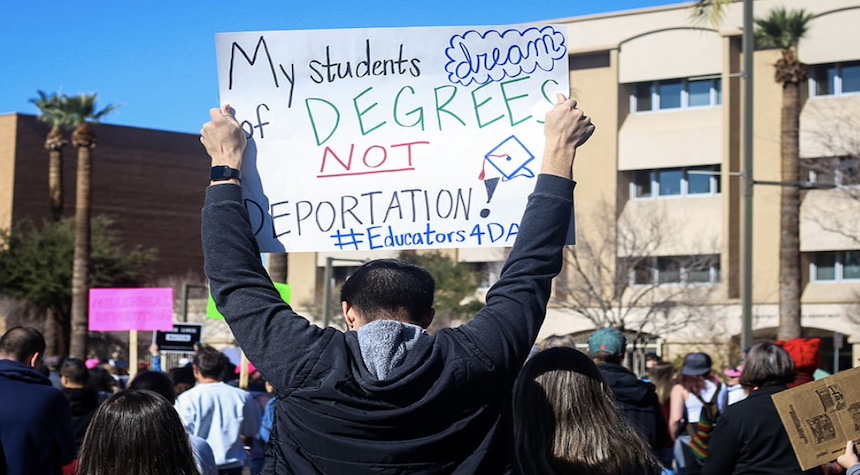The United States Department of Education has announced a significant change in policy regarding access to federal funds for educational programs. According to reliable sources, the department has rescinded a rule that previously allowed individuals residing in the country without legal authorization to utilize taxpayer funds for technical and career schools.
Secretary of Education Linda McMahon has issued a statement clarifying the department’s position. She emphasized that postsecondary education programs funded by the federal government should primarily benefit American citizens and those who have entered the country through legal channels.
The rule in question was originally enacted in 1997 under the Clinton administration, following the passage of the Personal Responsibility and Work Opportunity Act of 1996. That law restricted access to certain health benefits for individuals without legal status, but the Clinton administration created an exemption for postsecondary educational programs.

This development follows earlier reports of an executive order from President Trump aimed at ending taxpayer subsidies for individuals without legal immigration status. The current administration contends that the previous interpretation of the law created artificial distinctions between federal benefit programs.
Supporters of the change argue it protects taxpayer resources, while critics may express concerns about limiting educational opportunities. The significance of this policy shift should not be overlooked, as it raises important questions about access to education and the allocation of federal funds.
The Department of Education has indicated that enforcement of this revised rule will commence next month.


